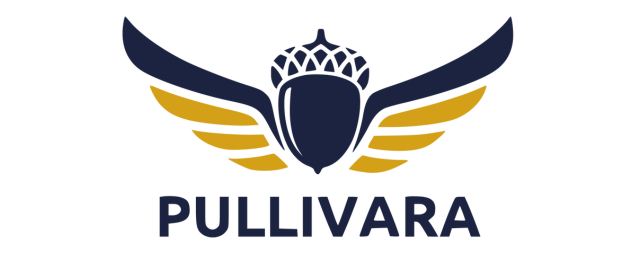Every team has untapped potential—hidden strengths, unrealized ideas, and dormant leadership qualities waiting to be unleashed. But bridging the gap between what could be and what is requires intentional strategy. At Pullivara Group, we believe that exceptional teams aren’t born; they’re built.
Whether you’re leading a startup, a corporate division, or a nonprofit, these five research-backed strategies will help you transform raw potential into extraordinary performance.
1. Clarify the “Why” Behind the Work
Performance thrives on purpose. Teams disengage when goals feel arbitrary or disconnected from a larger mission. As a leader, your role is to connect daily tasks to a compelling vision.
Try this:
- Host a “Purpose Workshop” to co-create a team manifesto.
- Regularly share stories of how your team’s work impacts clients, stakeholders, or society.
- Tie individual roles to the bigger picture: “Your analysis doesn’t just crunch numbers—it shapes our strategy for the next decade.”
2. Foster Psychological Safety
Google’s Project Aristotle revealed that the highest-performing teams share one trait: psychological safety—the belief that taking risks or voicing ideas won’t lead to punishment or embarrassment.
How to build it:
- Model vulnerability by admitting mistakes and asking for input.
- Replace blame with curiosity: “What can we learn from this?” instead of “Who messed up?”
- Celebrate “smart failures” (e.g., an experiment that didn’t work but yielded insights).
3. Leverage Strengths, Don’t Just Fix Weaknesses
Gallup research shows that teams focusing on strengths see 12.5% higher productivity. Yet, most performance reviews fixate on gaps. Shift the narrative.
Action steps:
- Use assessments (e.g., CliftonStrengths) to identify each member’s superpowers.
- Design roles around strengths: A detail-oriented planner might thrive as a project coordinator, while a big-picture thinker could lead brainstorming.
- Pair complementary skills for mentorship (e.g., a creative “idea generator” with an analytical “executor”).
4. Create a Culture of Feedback (Not Just Annual Reviews)
Real-time, growth-oriented feedback accelerates performance. A Harvard study found that 72% of employees say feedback improves their work—yet only 30% receive it regularly.
Make feedback habitual:
- Train managers on “feedforward”—focusing on future improvement, not past criticism.
- Implement lightweight rituals (e.g., weekly “Kudos + Growth” shout-outs in team meetings).
- Encourage peer-to-peer recognition tools like Slack shout-outs or a “gratitude wall.”
5. Challenge Teams with “Stretch Goals”
Comfort zones kill potential. Teams grow when given ambitious-but-achievable challenges that require creativity and collaboration.
Examples:
- “Reduce project turnaround time by 20%—and you choose how.”
- “Design a solution to [industry pain point] in 30 days, then pitch it to leadership.”
- Pair stretch goals with support: training, cross-functional allies, or “innovation time.”
The Bottom Line
Unlocking your team’s brilliance isn’t about working harder—it’s about working smarter with intention. By clarifying purpose, fostering trust, amplifying strengths, prioritizing feedback, and embracing challenge, you’ll create a culture where potential doesn’t just exist—it performs.




